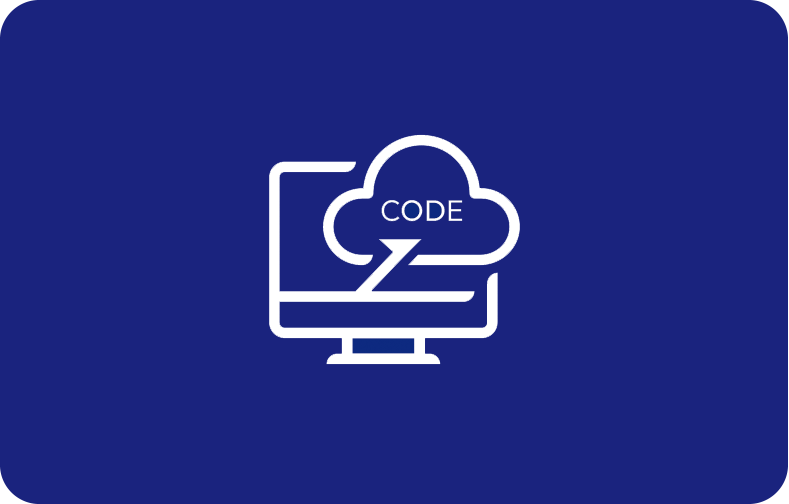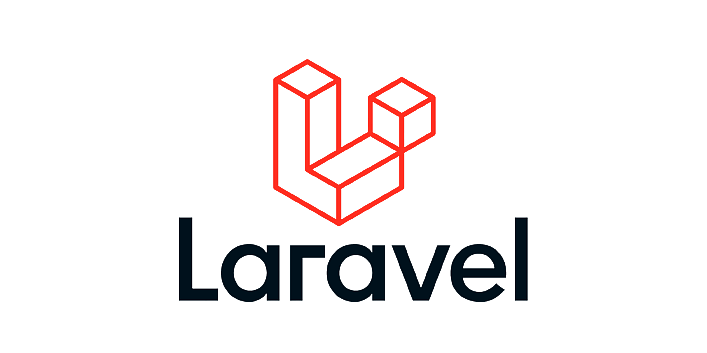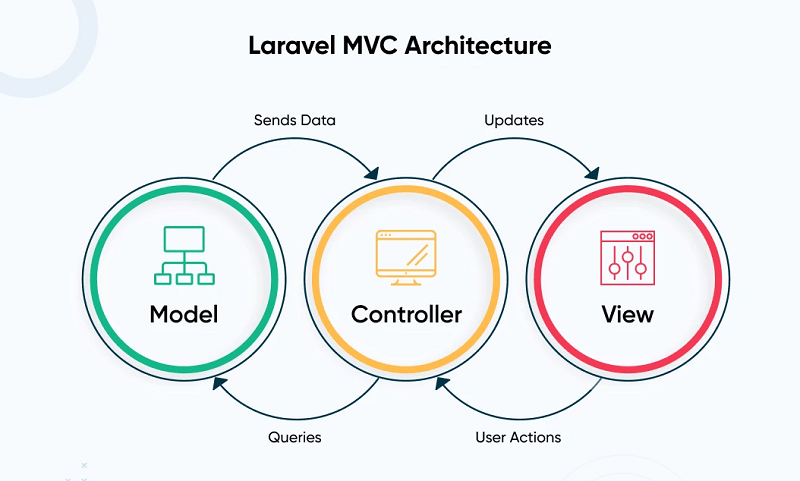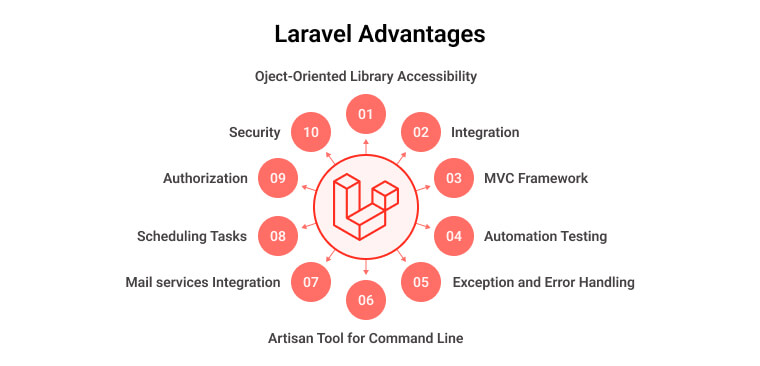Laravel Framework: Empowers Your Web Development Journey

In web development, crafting secure and scalable applications often feels like an endless challenge. Yet, what if there existed a framework capable of simplifying this journey, providing a robust toolkit and a keen eye on developer satisfaction?
Introducing Laravel, a potent PHP framework crafted to infuse elegance and joy into web application development. Its reputation precedes it, hailed for its expressive syntax, flourishing ecosystem, and unwavering dedication to developer efficiency.
Whether you're embarking on creating a modest Laravel website or a sprawling web endeavour, Laravel stands ready with a complete arsenal of tools to streamline development and ensure the enduring maintainability of your projects. This article aims to be your welcoming guide to Laravel, walking you through its fundamental principles and features to ignite your web development odyssey.
What Is Laravel?
Laravel stands as a PHP framework, freely accessible and open-source, tailored to expedite the creation of contemporary web applications. Adhering to the Model-View-Controller (MVC) architectural model, it offers a systematic and orderly method for constructing web endeavours.

Laravel is known for its:
Expressive Syntax: Laravel's code is clear, legible, and pleasurable to write. It eliminates complex boilerplate code, allowing developers to concentrate on the essential functionality of their program.
Rich Ecosystem: A wide library of pre-built features and packages broadens Laravel's capabilities. This ecosystem saves developers time by offering pre-built solutions for common tasks such as authentication, authorization, migration files, and more.
Security: Laravel prioritizes security by default, typically including built-in capabilities that protect against typical web application vulnerabilities such as SQL injection and cross-site scripting (XSS).
Community and Resources: A big and active Laravel developer community offers users comprehensive documentation, tutorials, and support. This makes it easy for newcomers to master the framework and experienced developers to solve complicated problems.
Reach out to VPSServer for VPS hosting for your Laravel projects. With high-performance SSD storage, solid security features, and round-the-clock expert support, VPSServer is the ideal alternative for Laravel developers eager to advance their projects. Visit VPSServer today to learn how our VPS hosting options can help you supercharge your Laravel projects while providing exceptional performance and stability.
What Is Laravel Used For?
Laravel's versatility shines in its ability to craft a wide range of web apps. Here are some of the common use cases where Laravel excels:

E-commerce Applications: Laravel provides the foundation for building secure and scalable online stores. Its features, like as user identification, shopping carts, and payment gateways, help to streamline the e-commerce app development process.
Web Application Development: Laravel simplifies the construction of dynamic websites, allowing users to easily generate and manage content. With features for user roles, account permissions, and content management, Laravel simplifies the process of content publication and administration.
Social Networking Platforms: Leveraging Laravel's extensive feature set, including user relationships, real-time communication, and notification systems, developers can craft robust social networking services and applications with ease.
Single Page Applications (SPAs): While renowned for its proficiency in building traditional MVC applications, Laravel is also adept at serving as the backend API for SPAs. This capability enables seamless integration, providing essential data and functionality to the front-end application.
Custom Web Applications: Laravel's adaptability caters to the development of custom web applications tailored to specific needs. From project management tools to data analysis dashboards, Laravel offers the flexibility to bring complex functionalities to life.
Advantages of Laravel
Laravel offers a multitude of benefits for web development projects. Here, we'll focus on two key features that significantly contribute to its popularity:
Composer Package Manager
Laravel leverages Composer, a powerful dependency management tool for PHP. Composer simplifies the process of managing project dependencies, including libraries and packages. Here's how Composer benefits Laravel development:
-
Reduced Development Time: Using pre-built packages allows developers to avoid building code from scratch, saving significant development time.
-
Easy Dependency Management: Composer guarantees that all project dependencies are installed and versioned correctly, preventing compatibility concerns.
-
Security Enhancements: Many packages offer security updates and bug fixes, keeping your Laravel application secure.
Artisan CLI (Command-Line Interface)
Laravel's built-in PHP Artisan CLI is a powerful tool for streamlining numerous development activities. It allows developers to interact with the framework through commands, offering functionalities like:
-
Code Generation: Artisan can automatically generate code for models, controllers, migrations, and other essential application components. This eliminates the need for repetitive boilerplate code writing.
-
Database Management: Artisan simplifies database management tasks like class extends migration, seeding data, and interacting with the database schema.
-
Application Management: Artisan provides commands for various application tasks, including clearing caches, generating documentation, and running unit tests.
By leveraging Composer and Artisan, Laravel empowers developers to focus on building core functionalities while ensuring efficient new project management and a secure development environment.
Features of Laravel Framework
Laravel has many features targeted at improving efficiency and developer experience. Here are a few significant examples:

Modularity
Laravel was built with a modular architecture that allows components to be cleanly arranged and self-contained. This facilitates seamless expansion of functionality or substitution of components without causing disruptions. Such an approach fosters code reusability and streamlines maintenance efforts.
Testability
Laravel prioritizes code quality by encouraging thorough testing. The built-in testing tools and well-structured codebase make it simple to build unit tests, feature tests, and integration tests. This improves code dependability and lowers the likelihood of regressions during development.
Routing
Laravel's routing system is elegant and expressive. It allows developers to define different routes for handling incoming HTTP requests, making it easy to structure complex web applications.
Configuration Management
Configuration management in Laravel is facilitated via environment files, enabling the convenient segregation of configuration particulars from the codebase. This allows for more efficient configuration and administration of several environments, such as development, staging, and production.
Query Builder and ORM (Object-Relational Mapping)
Eloquent, Laravel's query builder and Object-Relational Mapper (ORM), offers a polished and straightforward way to deal with databases. Developers can write elegant database queries in a PHP-like syntax, simplifying data retrieval and table and column manipulation.
Template Engine
Blade, Laravel's templating engine, is a powerful tool for building dynamic web pages. It has a clear syntax that works well with PHP code, allowing developers to create succinct and readable templates. Blade provides features like template inheritance, sections, and conditional statements for efficient template management.
Laravel provides built-in functionalities for sending emails. Developers of websites can easily send plain text or HTML emails with attachments, making it straightforward to implement email notifications and other email-based functionalities.
Redis Integration
Laravel seamlessly integrates with Redis, a powerful in-memory database. This enables developers to use Redis for caching, session management, and real-time applications, hence increasing performance and scalability.
Authentication and Authorization
Laravel includes powerful built-in tools for user authentication and permission. It includes features such as user registration, account name, login, password reset, and role-based access management to help developers create secure web applications more efficiently.
Schema Builder
Laravel's schema builder function enables developers to create and maintain database tables using an API. This streamlines database schema design and change while preserving data integrity and consistency between new table.
Queues
Laravel includes a queueing system for managing asynchronous tasks. This enables developers to queue long-running operations like as email sending and data processing, hence enhancing application responsiveness.
Event and Command Bus
The Laravel event system allows developers to decouple complex application logic. Events can be created to be triggered based on specific actions, and listeners can be created to be defined to handle those events. Additionally, Laravel offers a command bus for handling console commands, promoting clean code separation and organization.
These are features that contribute to Laravel's power and versatility as a web development framework. These characteristics enable developers to create safe, scalable, and maintainable online applications.
PayPal Payment Gateway Integration in Laravel
Integrating a payment gateway like PayPal into your Laravel application streamlines the checkout process for users, ensuring secure payments for goods or services. Below is a concise overview of the integration process:
Setting Up PayPal
Create a PayPal developer account to access the necessary tools and login credentials for integration.
Package Installation
Laravel offers packages to simplify PayPal integration. You can install a package like "bzaar/laravel-paypal" using Composer, a tool for managing project dependencies.
Configuration
Secure your integration by storing your PayPal client ID and secret key in your Laravel application's .env file. This keeps this sensitive information separate from your codebase.
Migration File Creation
In Laravel, database and application data structures are often managed using migration files. You can use the php artisan migrate: make command to create a migration file for storing any additional data required for PayPal transactions within your database schema.
Controller Logic
A Laravel controller will handle the interaction with PayPal. This controller will process user information, product details, and payment methods and requests, sending them securely to PayPal for confirmation and authorization.
Payment Success/Cancellation
Once PayPal processes the payment, by default it will redirect the user back to your application. Your Laravel application will need to handle both successful payments and cancellations, updating your application's transaction data and PayPal credentials accordingly.
Explore Laravel's Potential: Power Your App with Reliable VPS Hosting
Whether you're seasoned in development or just beginning your journey, Laravel equips you with potent tools to streamline your projects and breathe life into your concepts. Building a Laravel application is an exciting endeavour. But to truly unleash its potential, you need to create a robust and secure foundation. That's where services from VPSServer.com come in!
VPSServer offers high-performance VPS (Virtual Private Server) hosting solutions, perfect for running your Laravel application. Their plans provide you with:
-
Scalability: Easily scale your resources up or down as your application grows.
-
Safety: Employ high-level security protocols to safeguard your application and data.
-
Dependability: Enjoy exceptional uptime and efficiency to guarantee your application's constant accessibility.
-
Developer-Centric Atmosphere: Utilize a platform tailored for Laravel development, enabling you to focus on building your application.
Eager to enhance your Laravel application?
Visit VPSServer now and delve into their range of VPS hosting options. Their intuitive interface and top-notch customer service simplify the initiation process. Waste no time! Unleash the complete capabilities of your Laravel application with dependable VPS hosting from VPSServer.
Frequently Asked Questions
What is Laravel used for?
Laravel stands out as a PHP framework tailored for crafting a spectrum of web applications, from basic websites to intricate enterprise solutions. Simplifying tasks like routing, authentication, database management, and templating, empowers developers to swiftly construct robust and scalable systems.
What kind of web applications can be built with Laravel?
Laravel empowers developers to craft diverse applications and services. These may include content management systems, Ecommerce platforms, social networks, and many other solutions.
What does the rollback command do in Laravel migrations?
The rollback command in Laravel migrations allows developers to undo the last database migration operation. It effectively rolls back the last migration batch, reverting the changes made to the database schema.
How can Laravel migrations contribute to business growth?
Laravel migrations contribute to business growth by providing a structured and efficient way to manage application data. They ensure that database changes are managed consistently and reliably, allowing businesses to scale their applications with confidence.
How can I create a migration file in Laravel?
For initiating a migration file in Laravel, employ the following command: php artisan make:migration. For instance, to generate a migration file for establishing a new table, execute: php artisan make:migration create_table_name.







